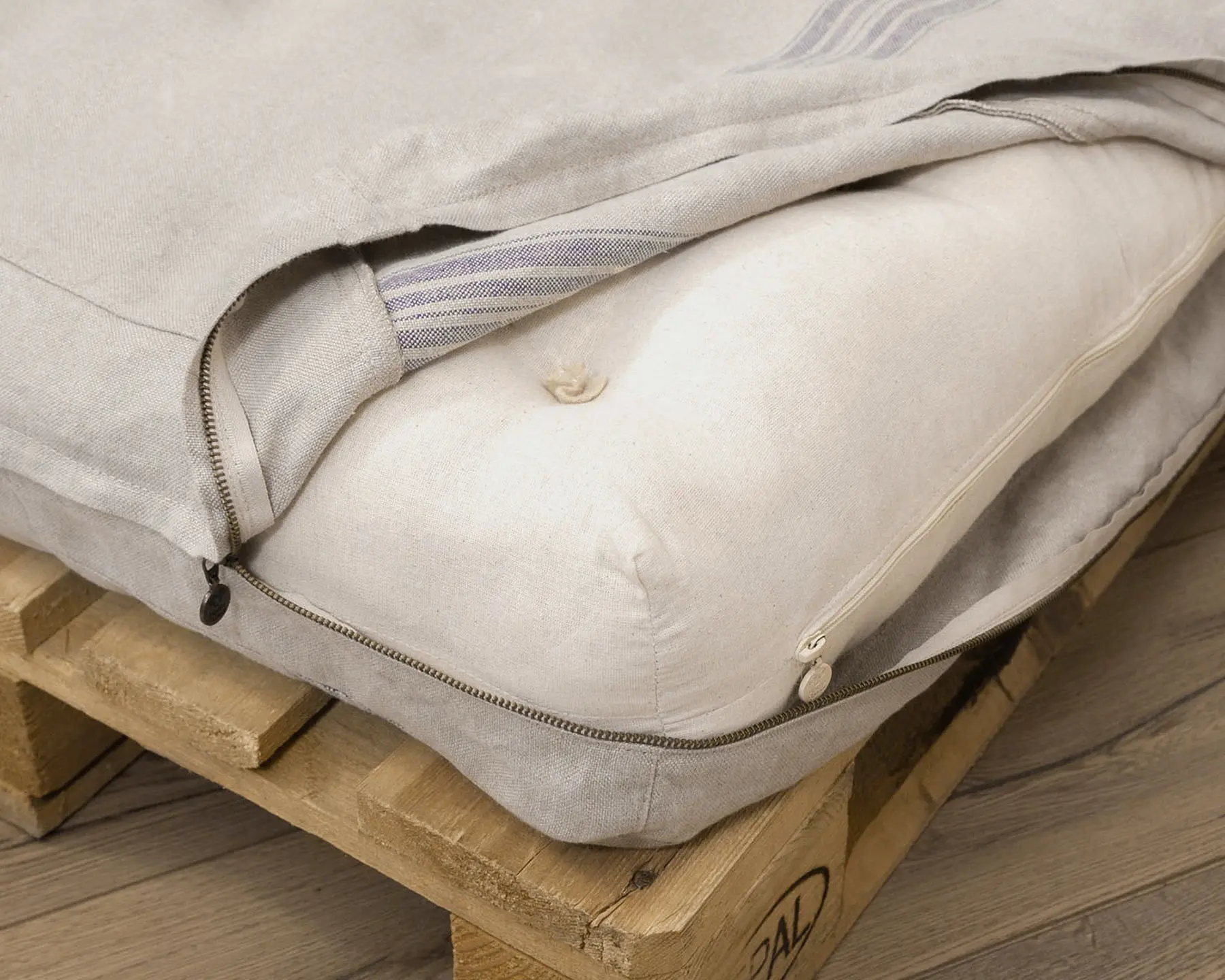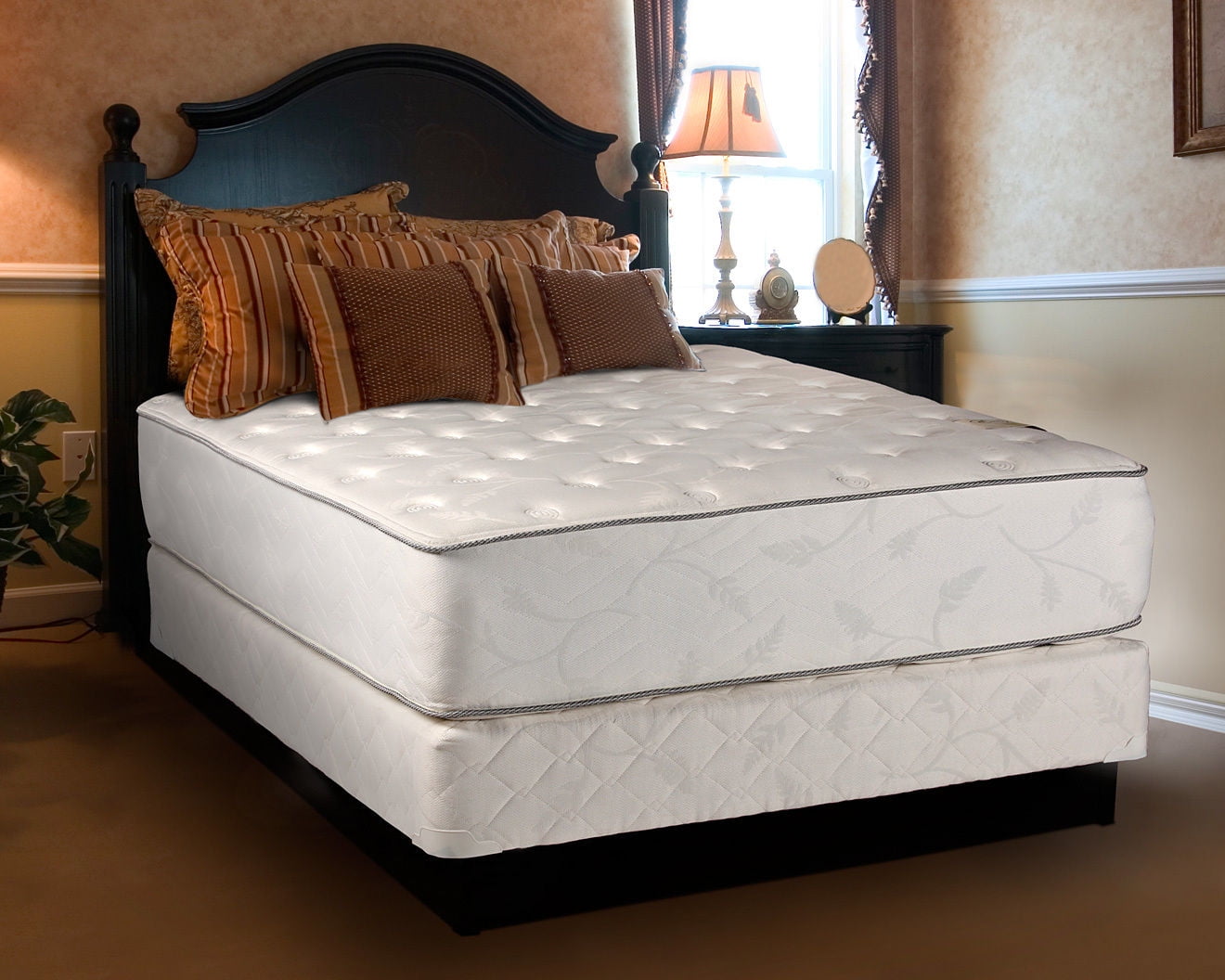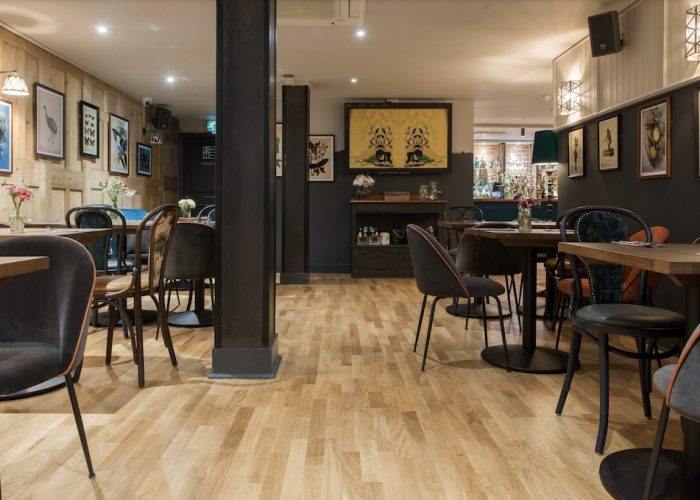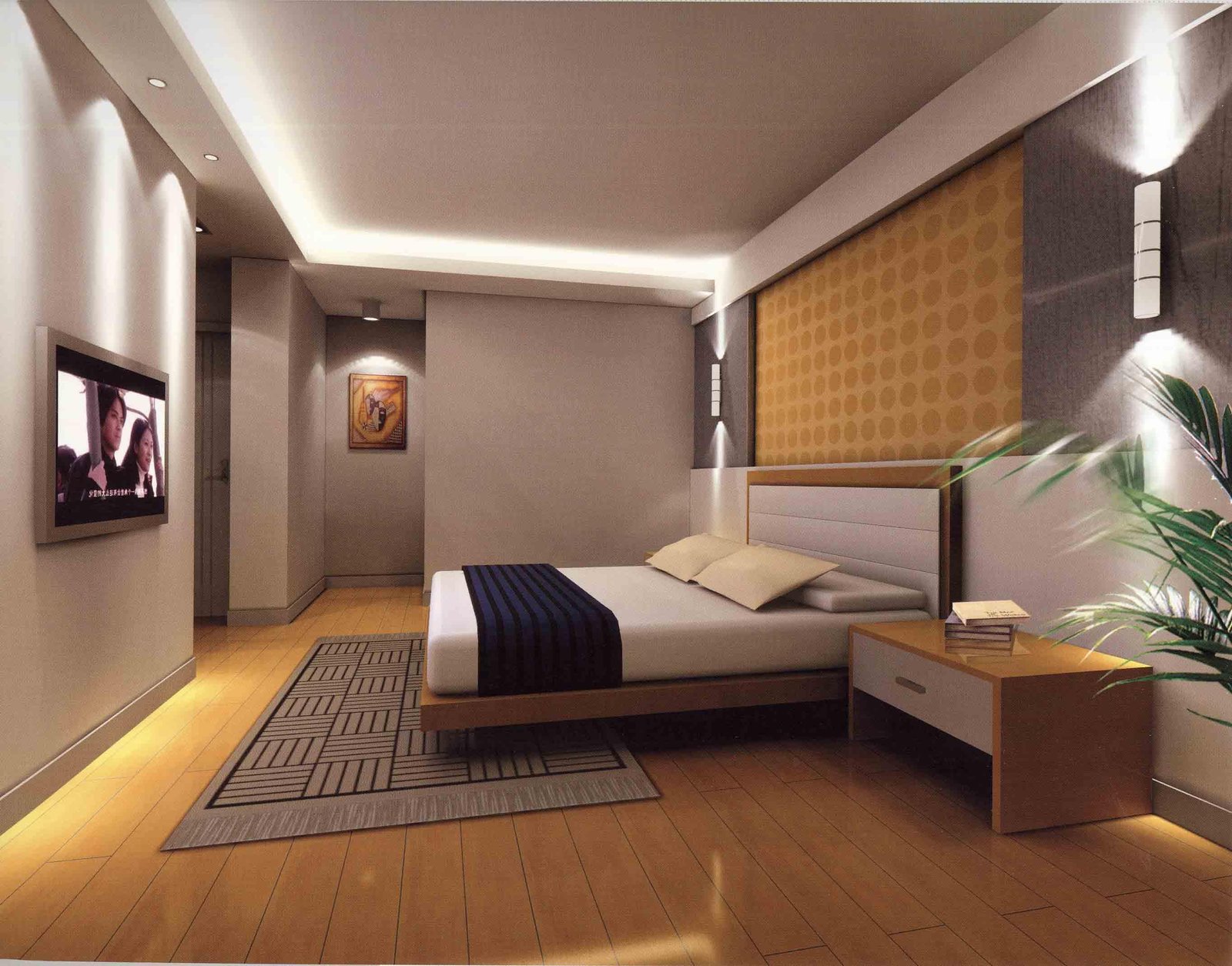If you're embarking on a kitchen renovation, one of the biggest decisions you'll have to make is choosing the right flooring. Not only does it need to be functional and durable, but it also has to complement the overall design of your space. One question that comes up frequently is whether the kitchen floor should be lighter than the cabinets. In this article, we'll explore this topic and give you some insight into the popular kitchen flooring options available.Lighter Kitchen Floors: Popular Kitchen Flooring Options
When it comes to kitchen design, there are no hard and fast rules. Some people prefer a cohesive look where all elements match, while others prefer a more eclectic mix. When it comes to the kitchen floor and cabinets, there are a few things to consider. One of the main factors is the level of contrast you want in your space.Should Kitchen Cabinets Match the Hardwood Floors?
If you're someone who loves a light and airy feel in your home, then choosing a lighter kitchen floor is a great option. Lighter floors can help make a small kitchen appear larger and create a more open and inviting atmosphere. They also reflect light, making the space feel brighter and more cheerful. This is especially beneficial if your kitchen doesn't get a lot of natural light. Some popular flooring options for a lighter look include light oak, maple, and ash hardwood. These types of wood have a lighter color and can be stained to achieve the exact shade you desire. Another option is white or light-colored tile, which can give a clean and modern feel to your kitchen.Lighter Floors: Creating a Bright and Airy Space
If you're someone who likes a more uniform and cohesive look in your home, then matching your kitchen floor to your cabinets may be the way to go. This creates a seamless flow in your space and allows the eye to move easily from one element to the next. If you have dark cabinets, a dark hardwood floor can create a rich and dramatic look. Dark granite or marble tiles can also achieve this effect. Another option is to choose a lighter color for both your cabinets and floors, creating a harmonious and balanced feel in your kitchen. This works well in smaller spaces, as it doesn't create too much contrast and can make the room feel more spacious and cohesive.Matching Floors and Cabinets: A Cohesive Look
While matching floors and cabinets can create a cohesive look, there are also benefits to choosing contrasting elements in your kitchen design. For example, if you have white or light-colored cabinets, a dark hardwood floor can add depth and contrast to the space. This creates visual interest and can make your cabinets stand out. Another benefit of contrasting floors and cabinets is that it allows you to incorporate different textures and materials into your design. For example, you could have wooden cabinets and a tile floor, or wooden floors and metal cabinets. This adds dimension and personality to your kitchen and can make it stand out from the crowd.The Benefits of Contrasting Floors and Cabinets
Ultimately, the decision of whether your kitchen floor should be lighter than your cabinets comes down to personal preference and the overall aesthetic you want to achieve. It's important to consider the other elements in your kitchen, such as countertops, backsplash, and appliances, when making this decision. You want all the elements to work together and create a cohesive and visually appealing space. When choosing your kitchen flooring, be sure to consider factors such as durability, maintenance, and budget. You'll want a flooring option that can withstand the wear and tear of a busy kitchen and is easy to clean. It's also important to stay within your budget and choose a flooring option that fits your financial limitations.Choosing the Right Flooring for Your Kitchen
In the end, there's no right or wrong answer when it comes to whether your kitchen floor should be lighter than your cabinets. It all comes down to your personal style and the overall look you want to achieve in your kitchen. Whether you choose to match your elements, create contrast, or mix and match different materials, the most important thing is that you love the final result. So be creative, have fun, and choose the flooring option that best suits your personal taste and lifestyle.In Conclusion
Why the Color of Your Kitchen Floor Matters

Choosing the right color for your kitchen floor can be a daunting decision. Not only does it need to complement the overall look of your kitchen, but it also plays a crucial role in the functionality and maintenance of your space. One of the most debated questions when it comes to kitchen design is whether the floor should be lighter or darker than the cabinets. While both options have their own merits, this article will delve into the reasons why having a lighter floor is often the better choice.
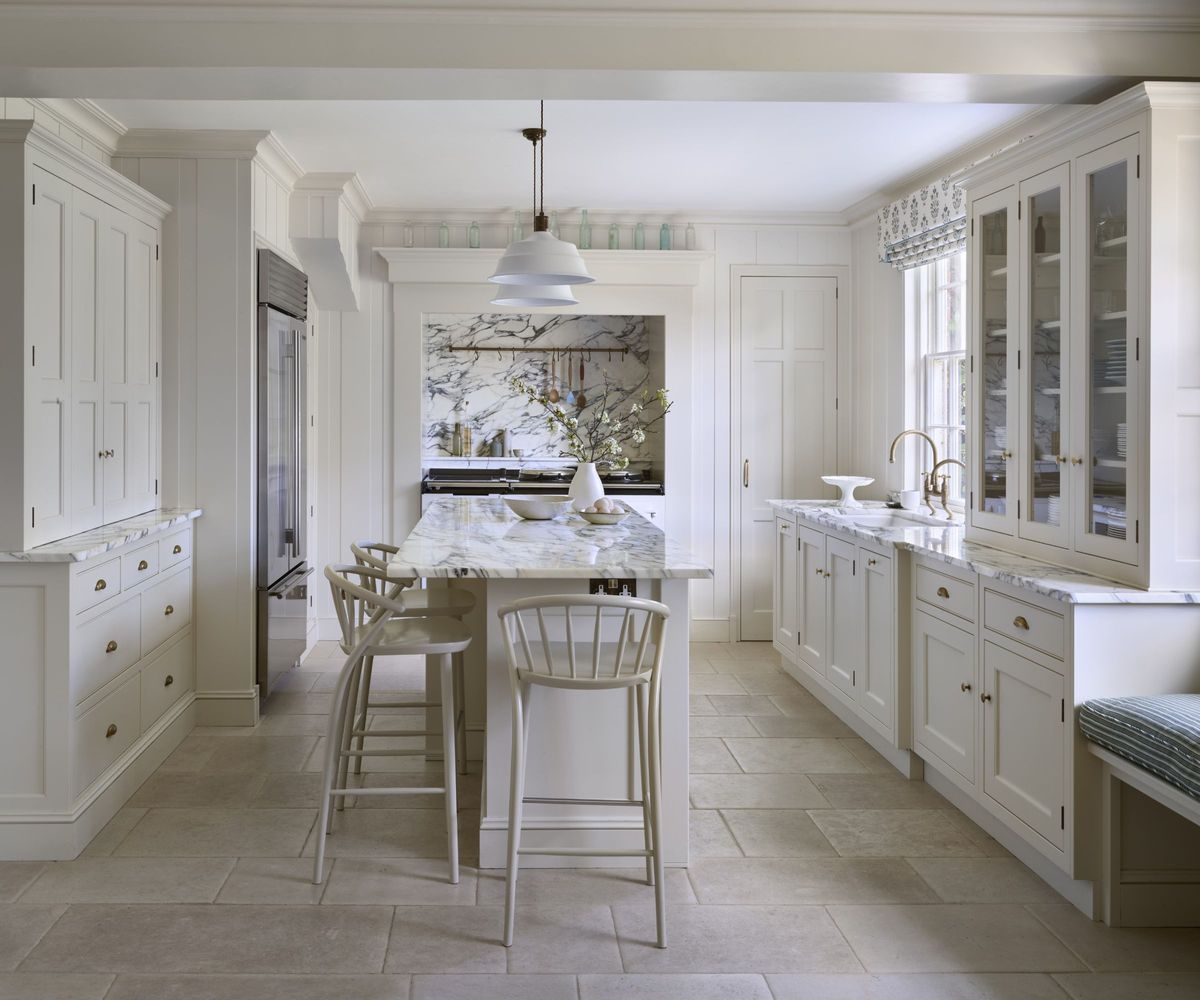
Firstly, a lighter kitchen floor can make your space appear brighter and more spacious . This is especially important for smaller kitchens or ones with limited natural light. Lighter floors reflect more light, creating the illusion of a larger and airier space. This is particularly beneficial for those who love to cook and spend a lot of time in the kitchen, as a brighter space can help boost your mood and make cooking a more enjoyable experience.
Secondly, a lighter kitchen floor can be more forgiving when it comes to spills and stains . Let's face it, accidents happen in the kitchen, and spills are almost inevitable. With a lighter floor, any spills or stains will be less noticeable compared to a darker floor. This is especially important if you have young children or pets in the house, as they tend to make messes more often. A lighter floor can save you the hassle of constant cleaning and worrying about permanent stains.
Another advantage of having a lighter kitchen floor is that it allows for more versatility in your design choices . With a neutral and lighter base, you can play around with different cabinet colors and finishes without worrying about clashing with the floor. This gives you the freedom to change up the look of your kitchen whenever you want without having to replace the flooring. Lighter floors also tend to be more timeless and can easily adapt to changing design trends.
Lastly, a lighter kitchen floor can increase the resale value of your home . When it comes to selling your house, potential buyers are often drawn to bright and open spaces. A lighter kitchen floor can instantly make your kitchen look more modern and well-maintained, making it a more appealing feature for potential buyers. This can ultimately lead to a higher selling price for your home.
While there are certainly benefits to having a darker kitchen floor, opting for a lighter floor can bring a multitude of advantages to your kitchen design . From creating a brighter and more spacious feel to being more practical and versatile, a lighter kitchen floor is a smart choice for any homeowner. So when it comes to choosing the color of your kitchen floor, consider going for a lighter shade to elevate the overall look and functionality of your space.


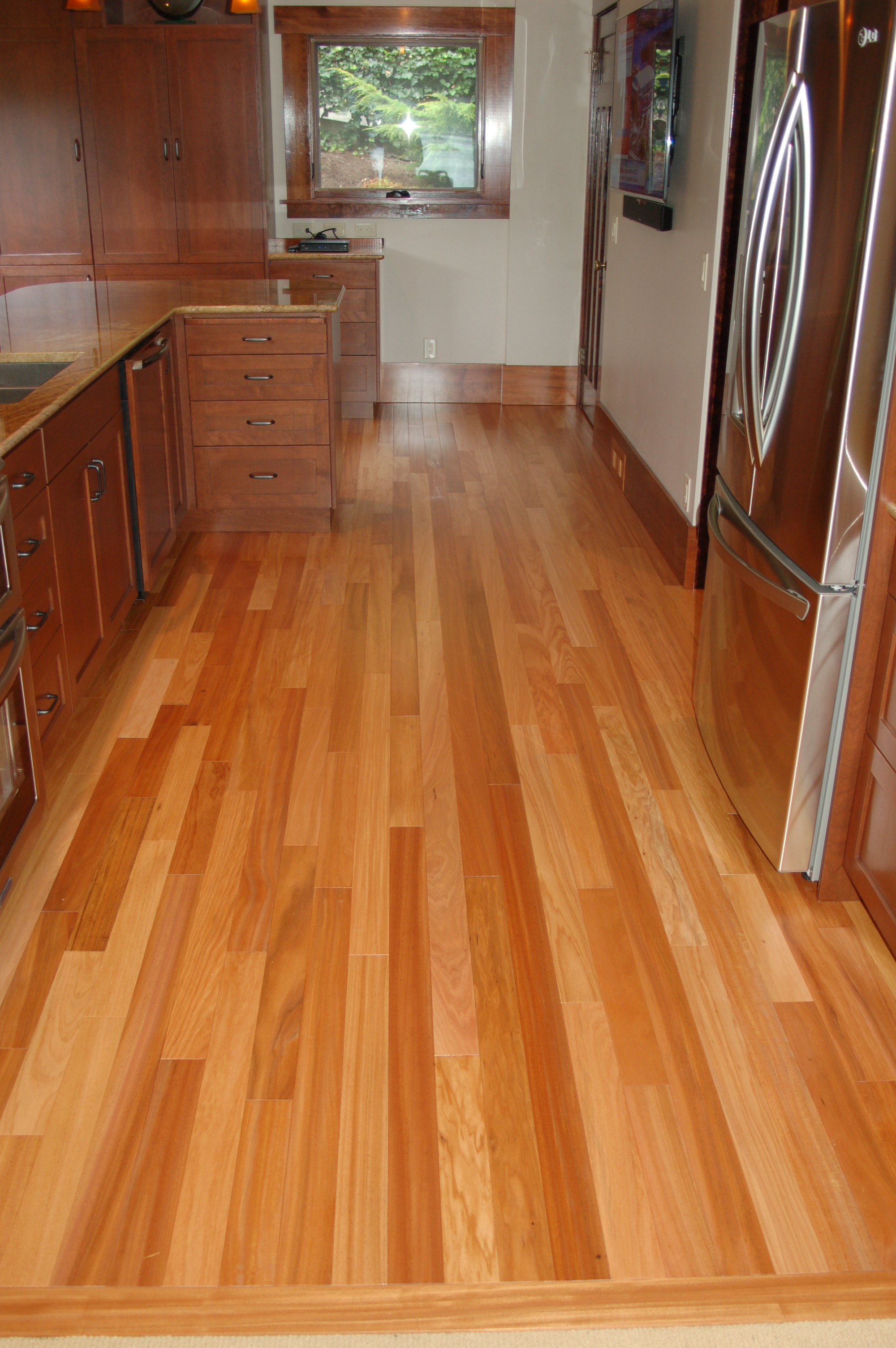

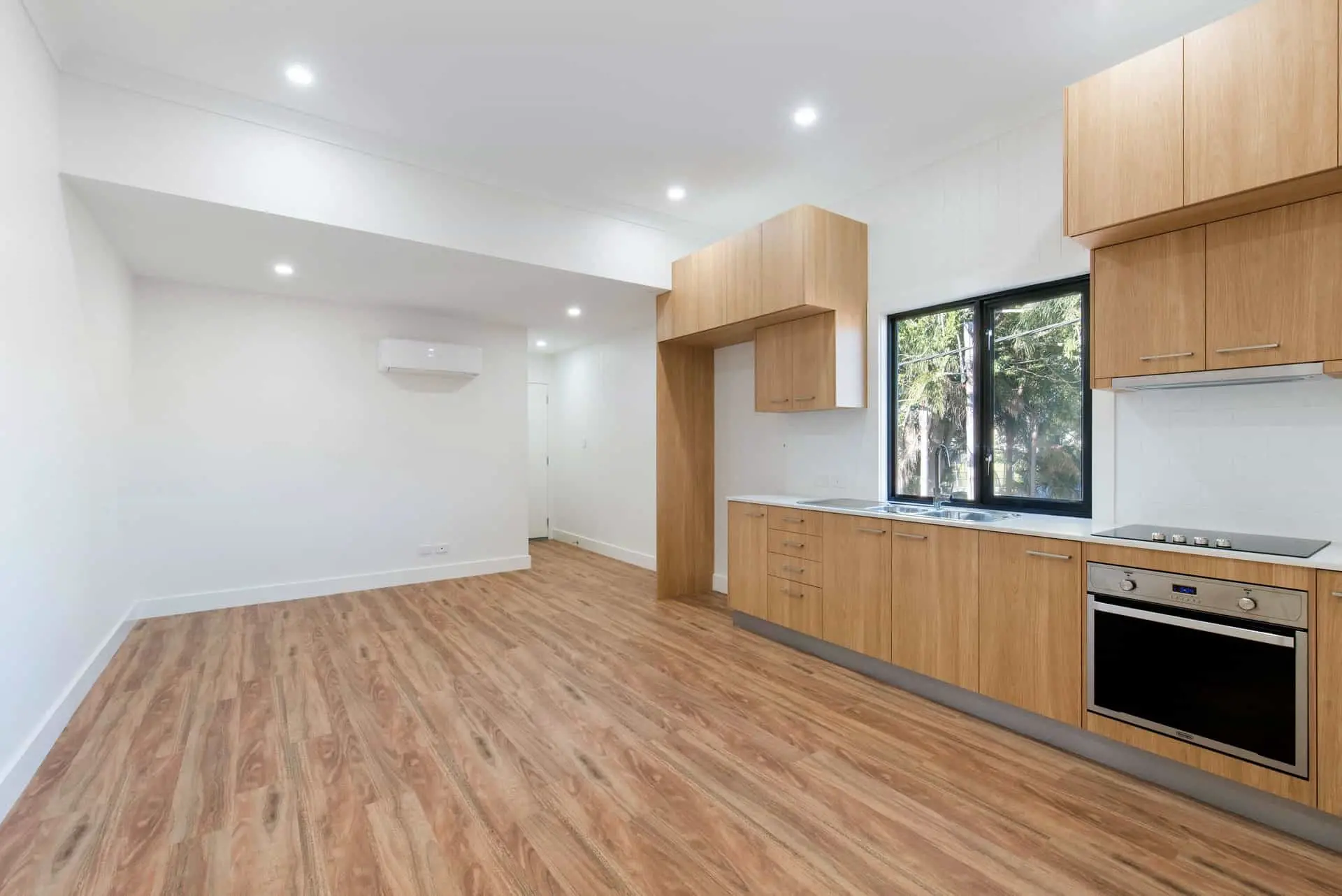

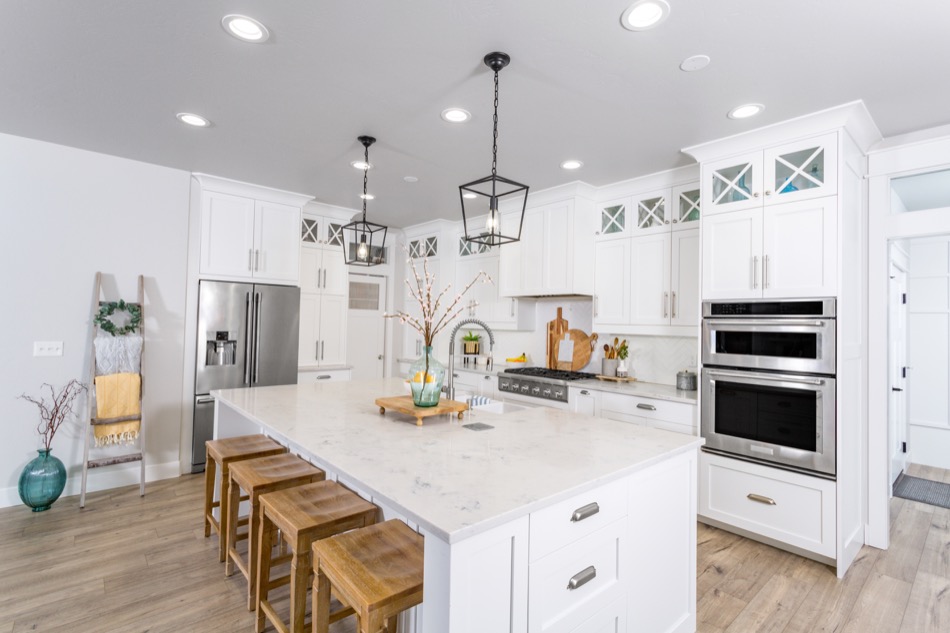


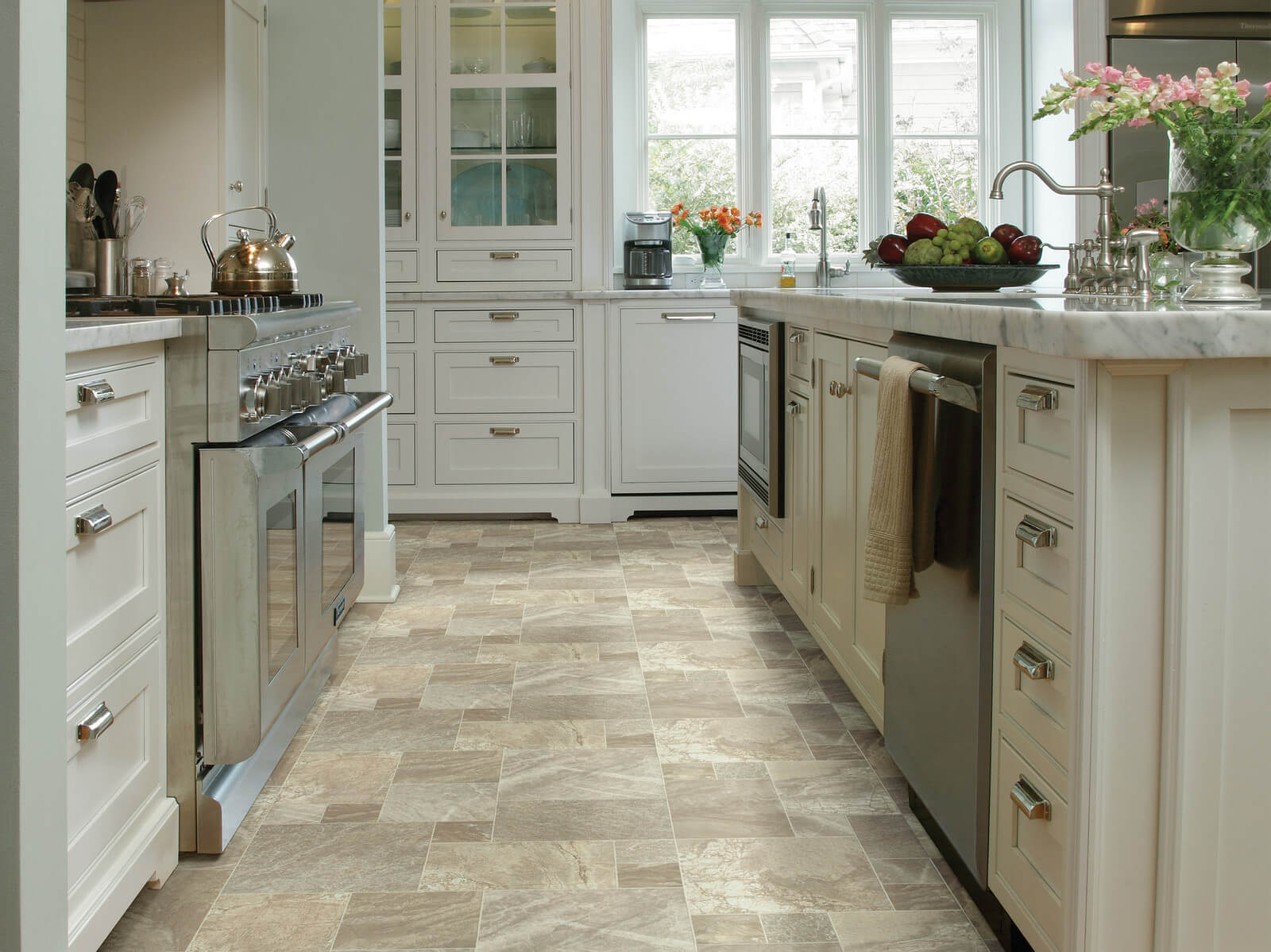
:max_bytes(150000):strip_icc()/kitchen-with-cork-floors-528388274-5849d3765f9b58a8cdd12f67-5c0d507f46e0fb000120ac31.jpg)

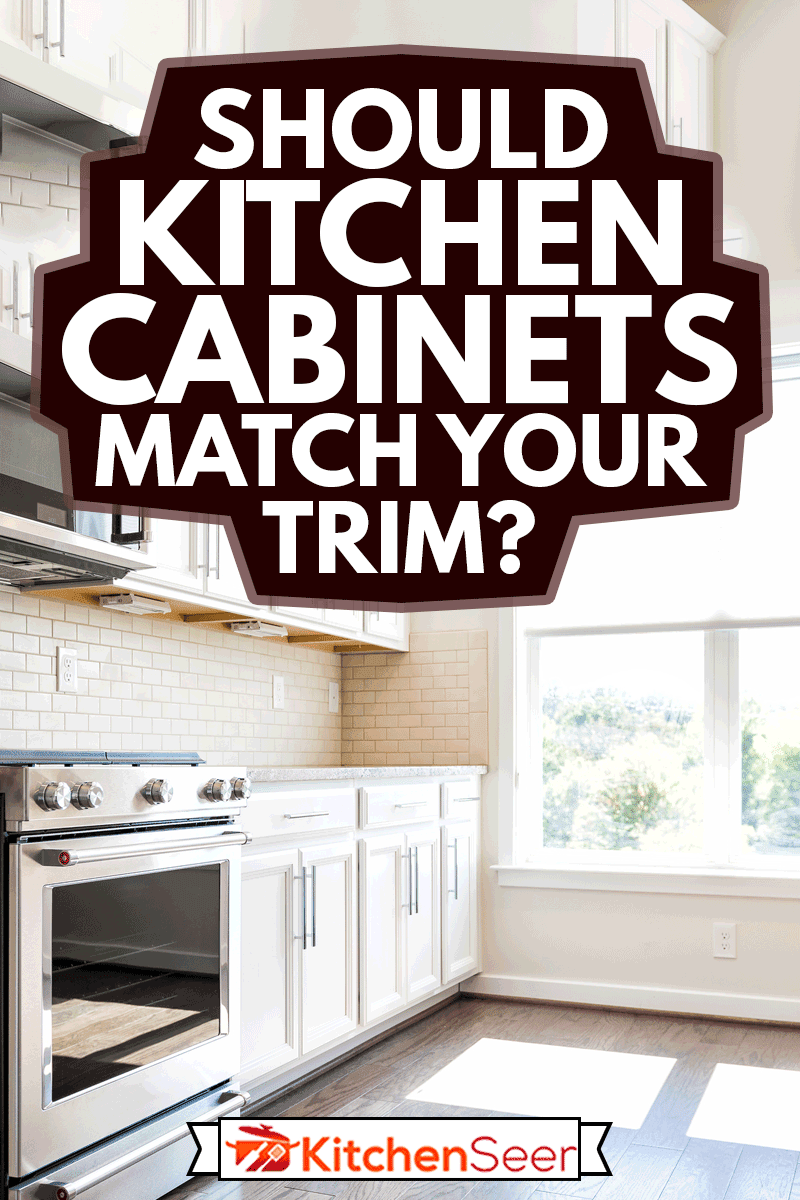
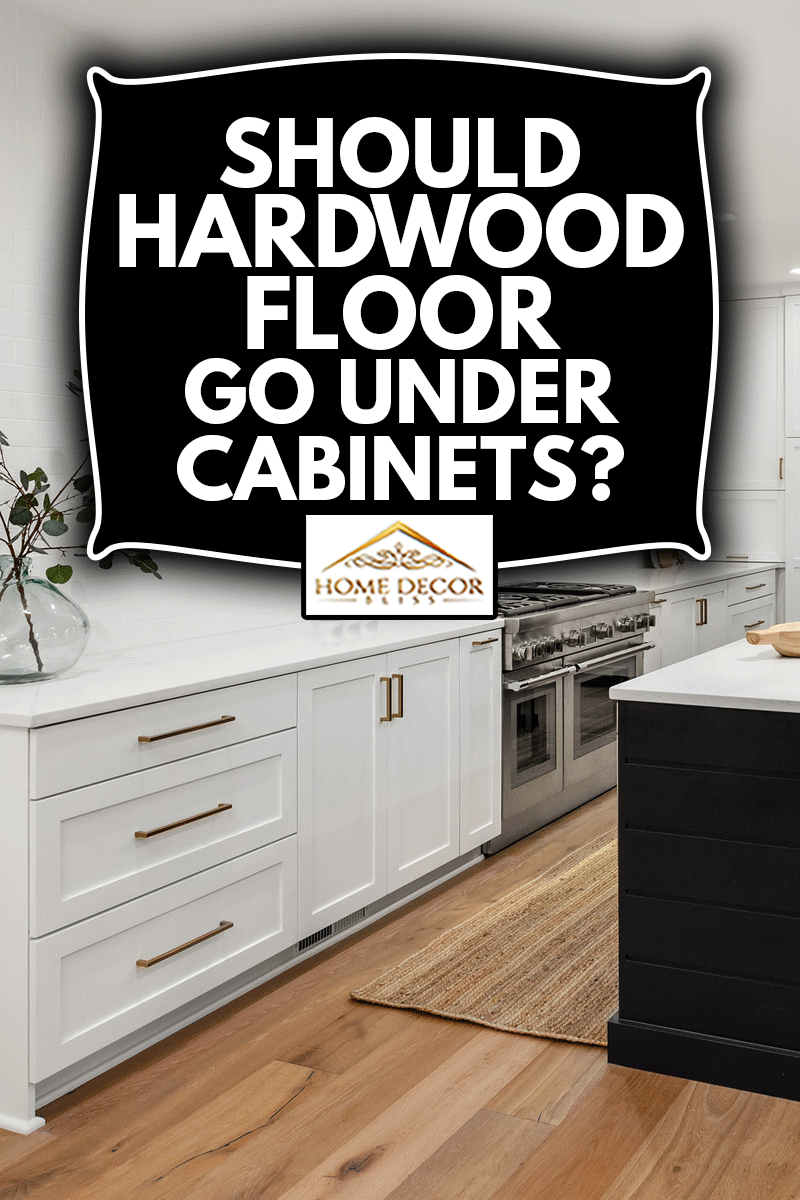



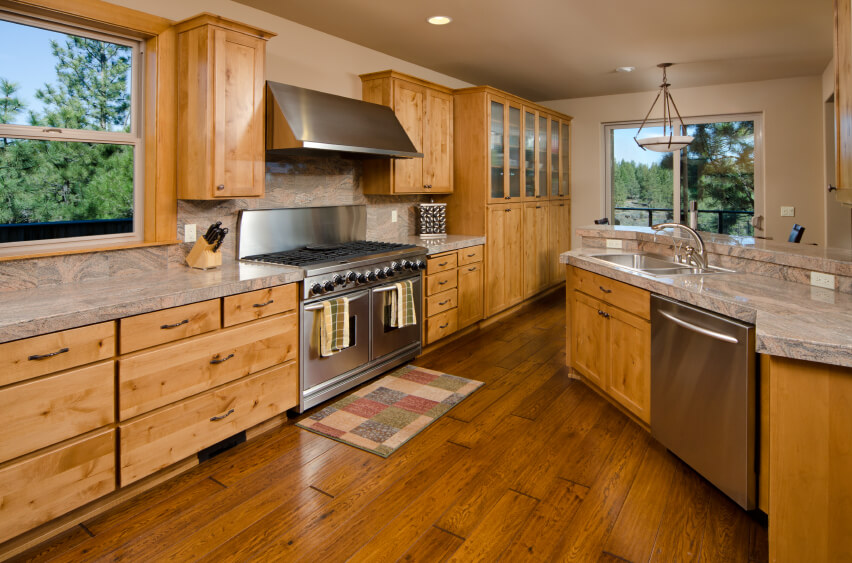
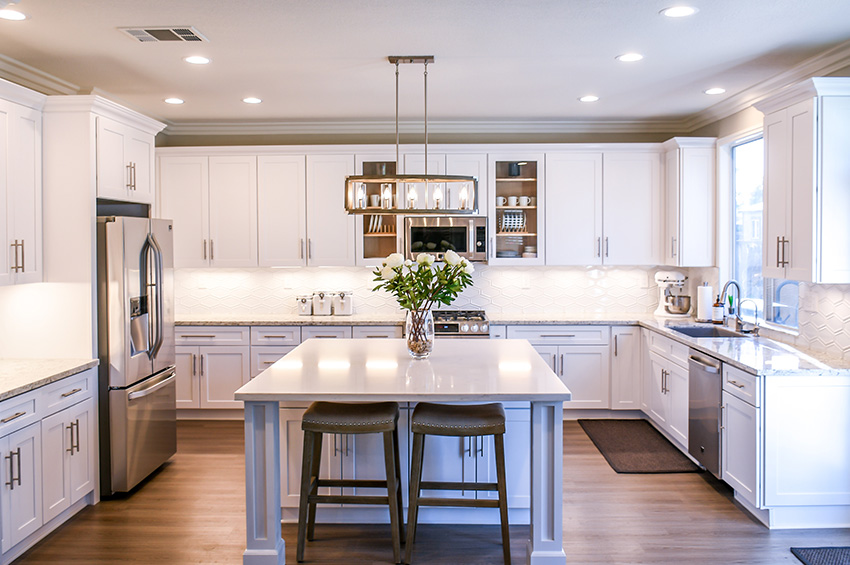


:strip_icc()/kitchen-wooden-floors-dark-blue-cabinets-ca75e868-de9bae5ce89446efad9c161ef27776bd.jpg)


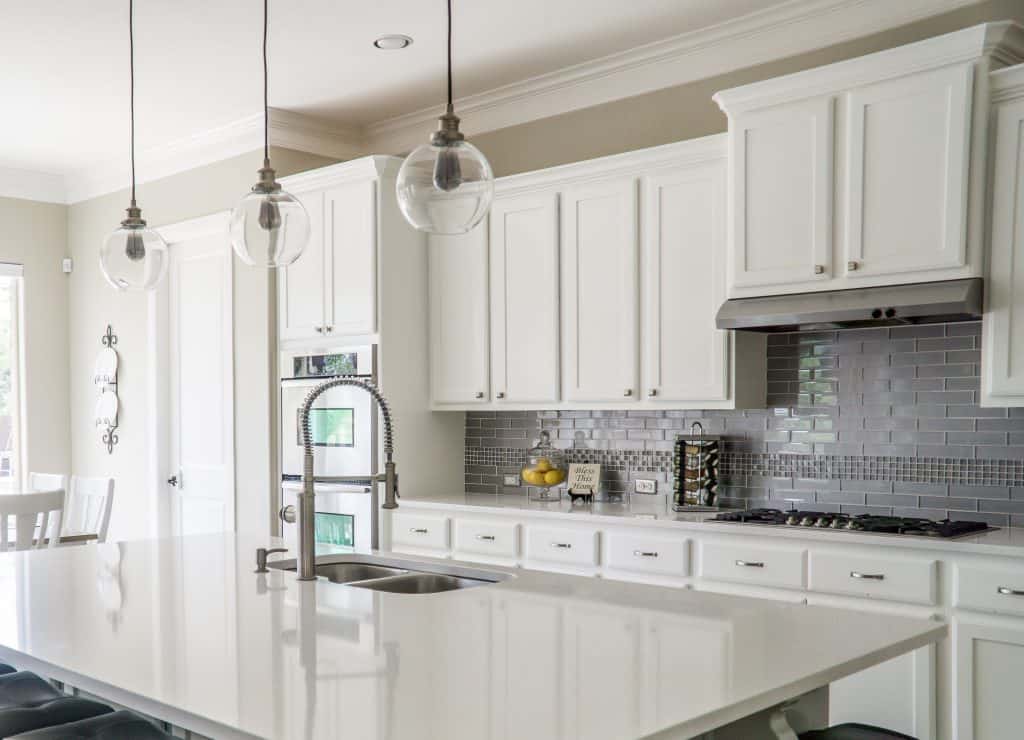

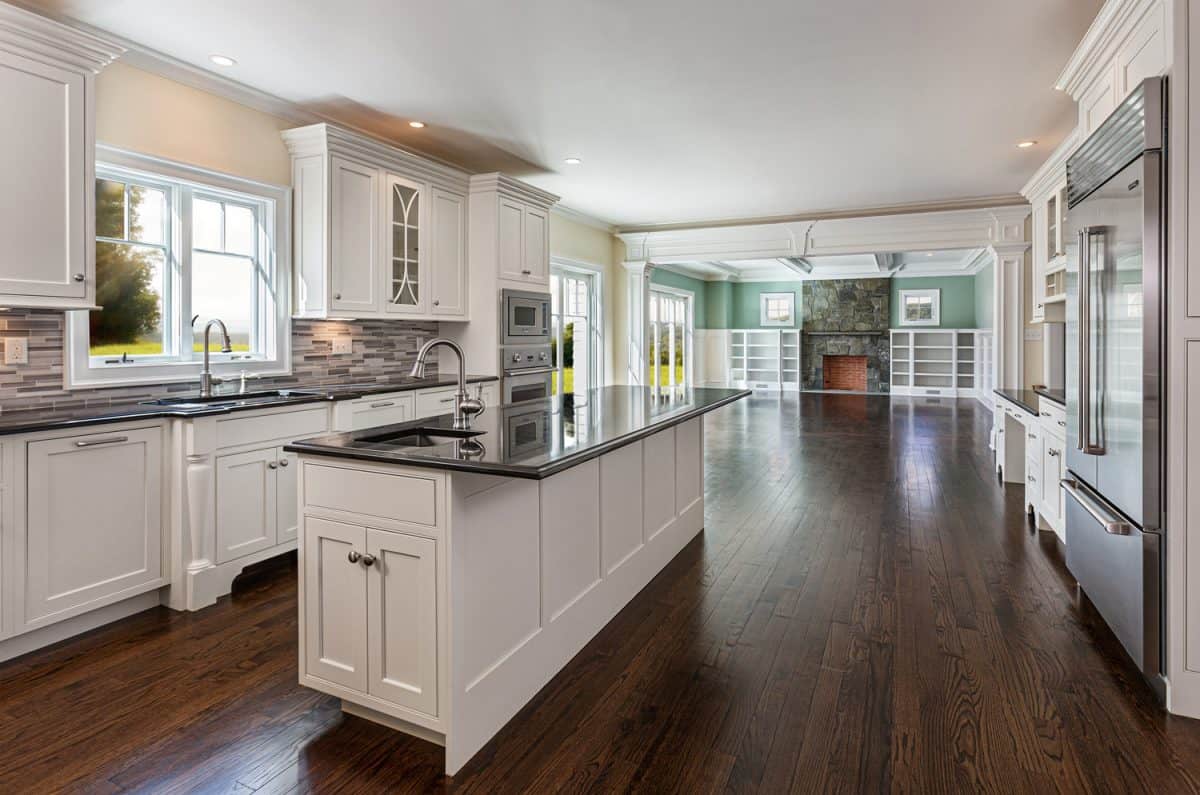


/media/img/prizes/prizegrab-sleep-number-bed-sweepstakes.jpg)
